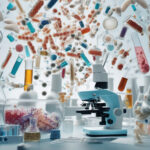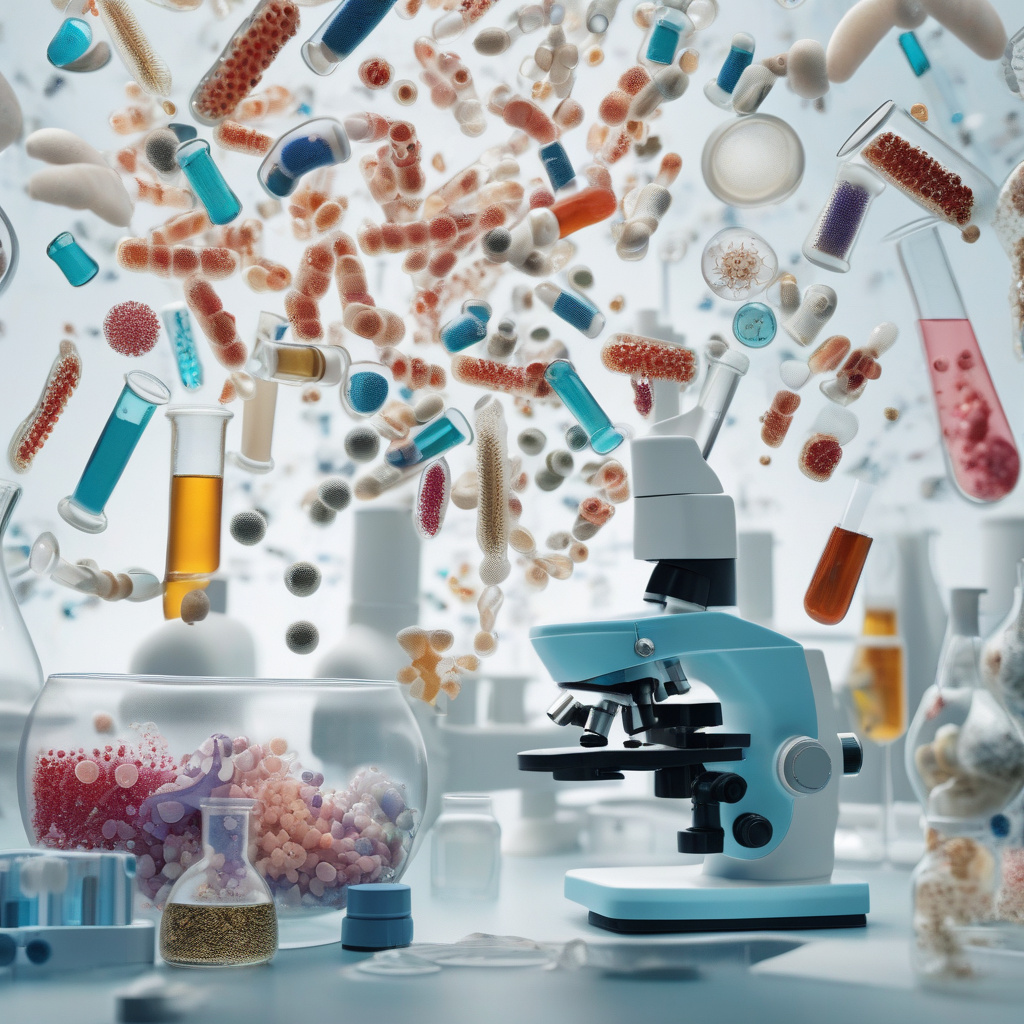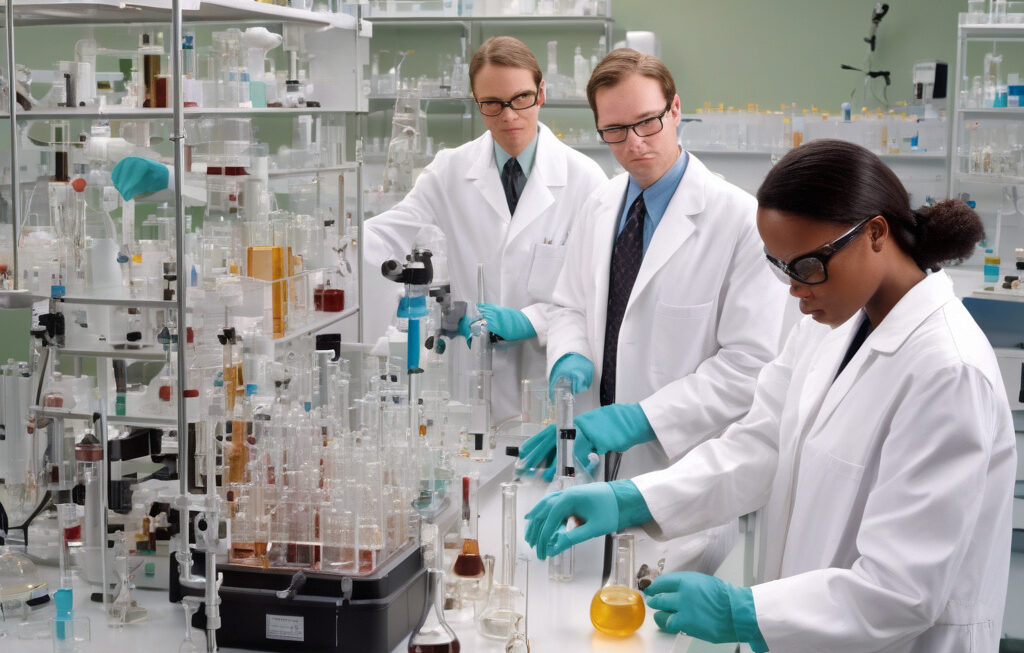Microplastics Alter Gut Bacteria Linked to Cancer and Depression in Humans
A new study has found that microplastics, the ubiquitous plastic particles smaller than 5mm, can have a significant impact on human health by altering gut bacteria. This groundbreaking discovery sheds light on a previously overlooked consequence of plastic pollution and its potential links to chronic diseases such as cancer and depression.
The study, conducted by a team of researchers at a leading university, analyzed the effects of microplastics on the gut microbiome, which plays a crucial role in maintaining overall health. The results revealed that exposure to microplastics led to a shift in the composition of gut bacteria, with certain species becoming more abundant while others decreased in number.
One of the most concerning findings of the study was the link between changes in gut bacteria caused by microplastics and an increased risk of cancer. The researchers observed that the alterations in the microbiome triggered by microplastic exposure created an environment that was conducive to the growth of cancerous cells. This connection highlights the potential role of microplastics in the development of cancer and underscores the urgent need for further research in this area.
In addition to cancer, the study also identified a correlation between changes in gut bacteria induced by microplastics and an elevated risk of depression. The researchers found that the disruption of the gut microbiome by microplastics could lead to imbalances in neurotransmitters, which are chemicals that regulate mood. This discovery suggests that plastic pollution may not only pose a physical health risk but also contribute to mental health disorders.
The implications of these findings are profound, as they underscore the far-reaching consequences of plastic pollution on human health. With microplastics pervading the environment, from the air we breathe to the food we eat, the potential for widespread harm is alarming. As such, urgent action is needed to address the issue of plastic pollution and mitigate its impact on our health and well-being.
In conclusion, the study on the effects of microplastics on gut bacteria represents a significant advancement in our understanding of the health risks associated with plastic pollution. By revealing the link between microplastic exposure and alterations in the gut microbiome tied to cancer and depression, this research highlights the urgent need for measures to reduce plastic waste and protect human health. It is clear that addressing the plastic pollution crisis is not only essential for the health of our planet but also for the health of future generations.
microplastics, gutbacteria, cancer, depression, healthrisks












